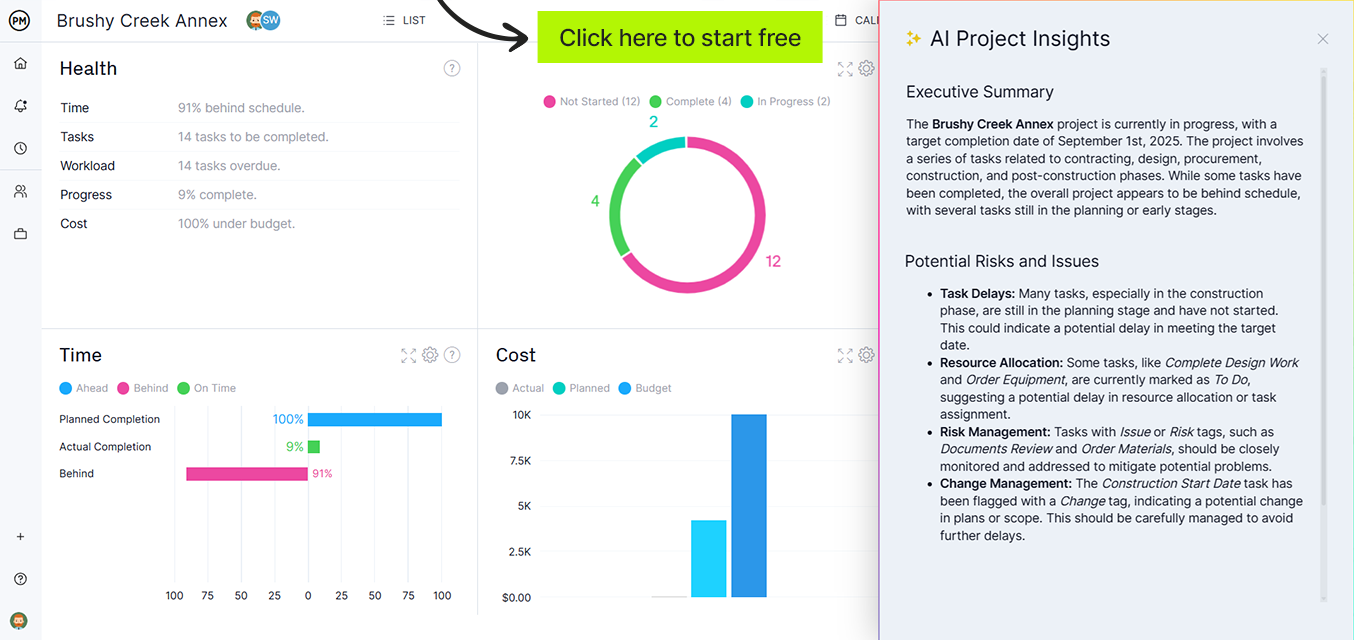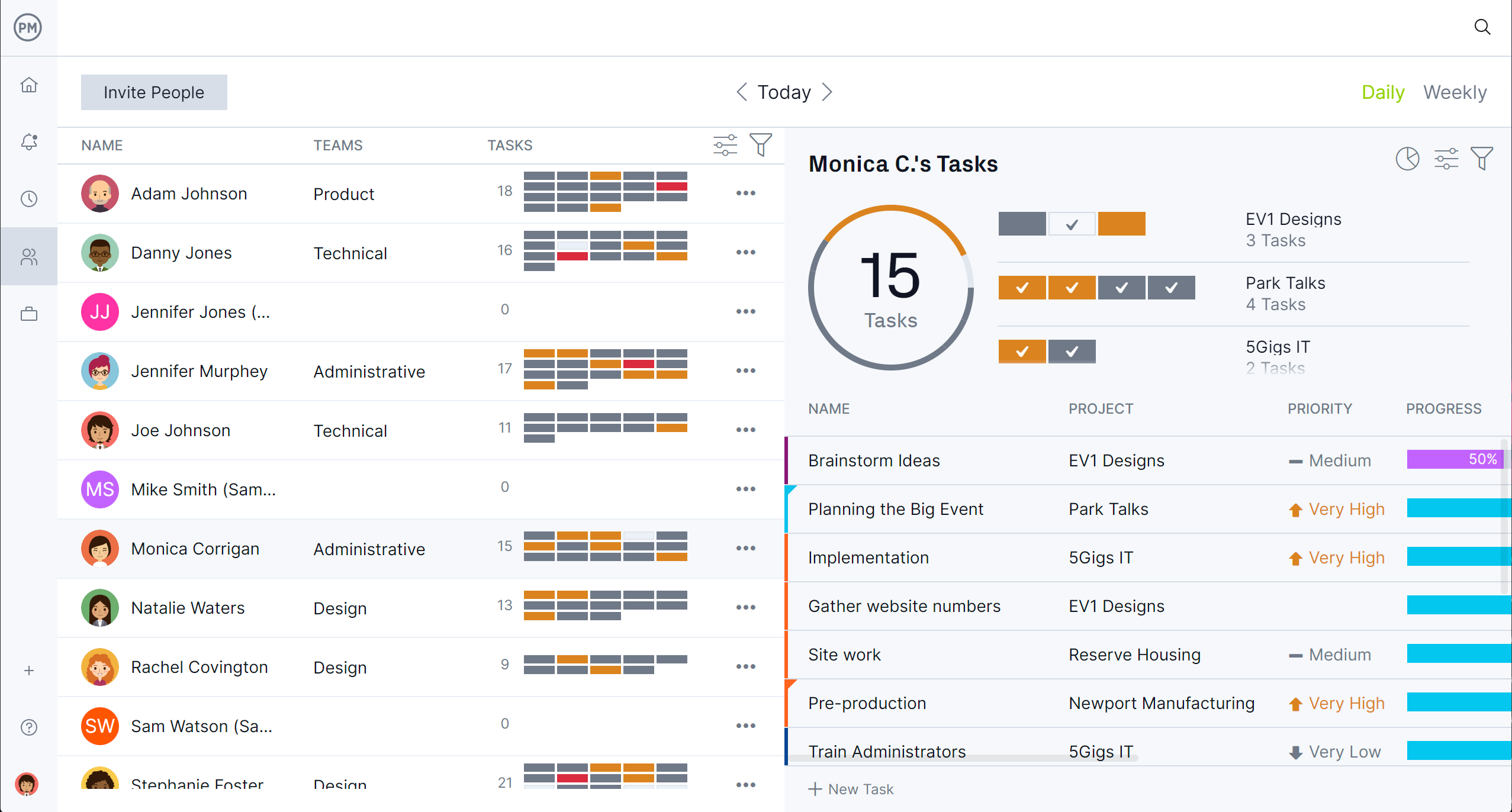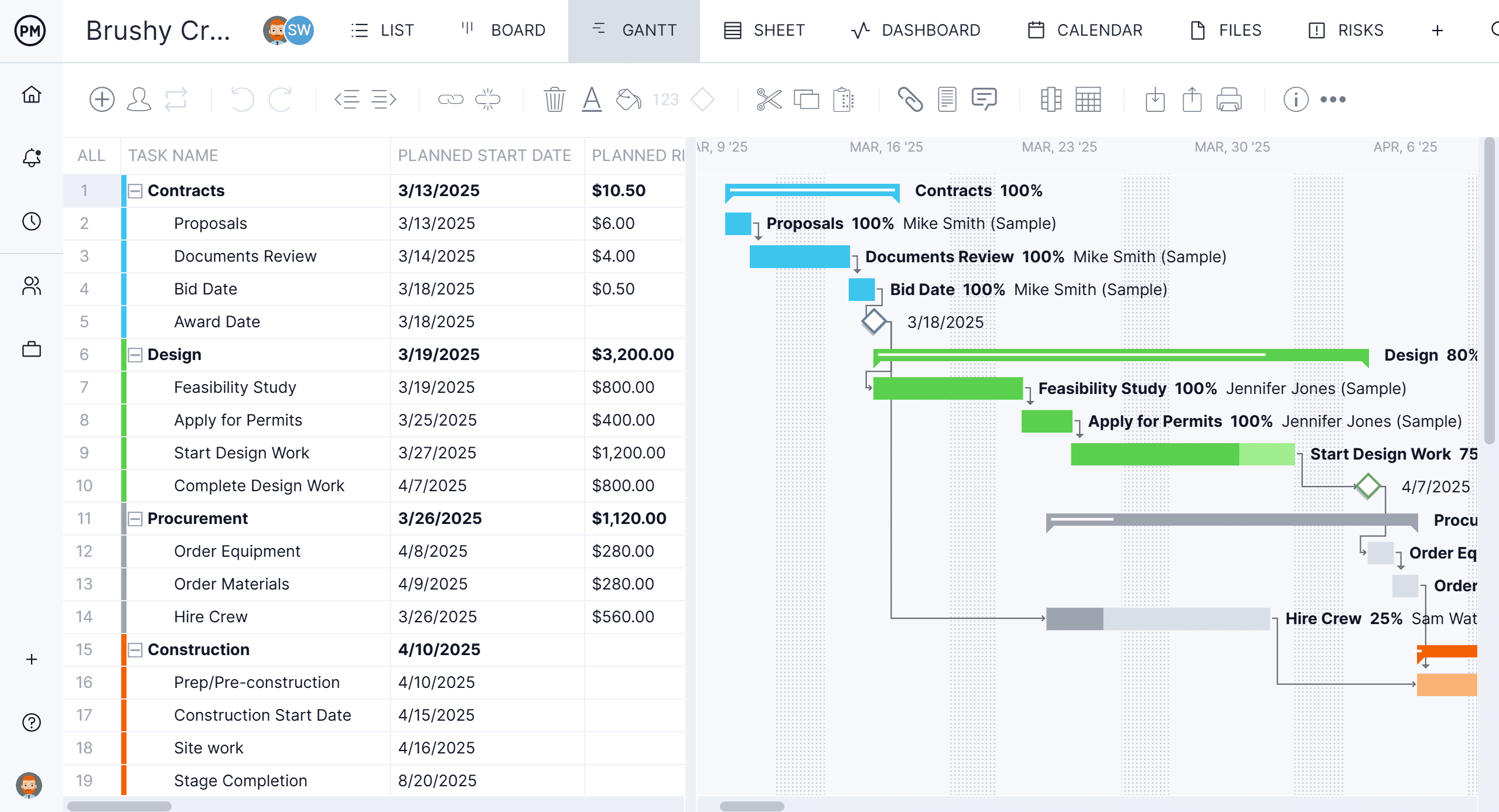A line manager plays a central role in translating strategic goals into day-to-day action. They bridge senior leadership and frontline teams by directing work, removing obstacles and ensuring tasks are completed to standard. Strong communication and practical decision-making help the line manager keep teams focused, motivated and productive while meeting operational targets.
Successful line managers balance people management with process oversight. They coach staff, monitor performance, allocate resources and support continuous improvement. This role requires both practical knowledge of the work and an ability to manage relationships across functions so teams deliver reliably and safely.
What Is a Line Manager?
A line manager is responsible for overseeing employees who directly contribute to an organization’s core operations. They manage day-to-day performance, assign tasks and ensure that targets are met within their team or department. The line manager acts as the link between senior leadership and frontline staff, translating strategy into practical actions. This role combines leadership, coordination and accountability to make sure the team delivers consistent results while maintaining standards of quality and safety.
Line managers also support employee development, provide feedback and resolve operational challenges. They play a critical role in motivating teams, maintaining morale and ensuring communication flows smoothly across levels of the business. Because they are directly involved in the work, line managers often identify issues early and recommend improvements to increase efficiency and performance.
Project management software provides line managers with the visibility and control needed to coordinate teams effectively. It allows them to plan workloads, track progress and monitor performance in real time. With centralized dashboards, tasks can be assigned, priorities updated and progress tracked without the need for manual spreadsheets. The software also streamlines communication by allowing teams to share updates, upload documents and collaborate within a single platform. This reduces administrative work and ensures that deadlines, budgets and quality standards are maintained consistently.
ProjectManager offers everything a line manager needs to organize, monitor and improve team performance. Its multiple project views—including Gantt charts, task lists and kanban boards—give managers flexibility to plan and adjust work as needed. Real-time dashboards track key metrics like workload, progress and resource allocation, while AI Project Insights identifies potential delays and suggests corrective actions. Mobile access allows updates from the field, so data stays current wherever teams are working. Get started with ProjectManager today for free.


What Does a Line Manager Do?
A line manager oversees the daily work of a team to ensure goals are met and standards are maintained. They assign tasks, set priorities and ensure that each team member understands their responsibilities. Acting as the bridge between senior management and frontline staff, the line manager translates business objectives into clear action plans and keeps operations running smoothly. They balance team needs with the wider goals of the organization, ensuring deadlines, budgets and quality targets are achieved.
The role also involves coaching and developing employees, managing performance and resolving issues that affect productivity or morale. Line managers provide structure and accountability, ensuring that every part of the workflow aligns with company expectations. By staying close to day-to-day operations, they can identify challenges early and take corrective action before problems escalate. In short, a line manager leads the team that turns strategic plans into tangible results.
Key Line Manager Responsibilities
A line manager oversees core operational tasks and leads teams to deliver consistent results. Their responsibilities cover supervision, communication, planning and development to ensure day-to-day work aligns with company goals and performance standards.
- Supervise Daily Operations: Manage workflows, allocate tasks and monitor team output to ensure objectives are met efficiently and safely.
- Assign and Prioritize Work: Organize duties based on skill level, workload and project deadlines so resources are used effectively and goals stay on track.
- Support Employee Development: Coach team members, deliver constructive feedback and identify training needs that improve skills and performance.
- Monitor Performance: Track results through measurable targets and address underperformance quickly with clear action plans.
- Ensure Compliance: Uphold company policies, safety standards and regulatory requirements across all team activities.
- Manage Communication: Keep information flowing between staff and leadership to maintain transparency and alignment on priorities.
- Resolve Issues: Address conflicts or operational challenges promptly to maintain productivity and morale within the team.
- Control Resources: Oversee labor, equipment and materials to prevent waste and ensure everything needed for work is available when required.
- Maintain Documentation: Keep accurate records of attendance, performance reviews and key operational updates for accountability and reporting.
- Drive Continuous Improvement: Identify inefficiencies, suggest process enhancements and support changes that strengthen team output and reliability.
Related: Project Manager Job Description (Free Copy+Paste Examples)
Line Manager Skills
A line manager needs a mix of leadership, organization and communication abilities to manage people and operations effectively. These skills ensure that teams stay productive and motivated while delivering consistent results that align with business goals.
- Leadership: Guide teams with confidence, make decisions under pressure and inspire consistent performance through clear direction and accountability.
- Delegation: Assign tasks according to individual strengths to balance workloads and promote efficiency across the team.
- Organizational skills: Plan schedules, manage priorities and maintain structure so work progresses smoothly and deadlines are met.
- Communication skills: Convey instructions clearly, listen actively and ensure feedback flows both upward and downward across the organization.
- Interpersonal skills: Build trust and cooperation within the team by understanding different personalities and maintaining a respectful environment.
- Workload and Resource Management: Balance available resources with demand to maintain productivity without overburdening staff or causing delays.
- Coaching and Mentoring: Support professional growth by guiding employees, recognizing achievements and providing constructive feedback that encourages improvement.
Line Manager Job Description Example
With a better understanding of what a line manager is, let’s create a sample job description. This can be used by employers looking to hire a line manager. They can cut and paste, editing as needed to fit the particulars of the open position. However, it’s also useful for those looking to fill the line manager role, as it provides a detailed overview of the responsibilities and skills required.
Job Title: Line Manager
Location: [Insert Location]
Reports To: Production/Operations Manager
Job Summary
We are seeking a proactive and motivated Line Manager to oversee daily operations on our production line. The successful candidate will lead a team of employees, ensuring that resources are effectively managed, workloads are balanced and production targets are consistently achieved.
This role requires strong leadership, organizational ability and excellent communication to maintain high standards of quality, safety and efficiency.
Key Responsibilities
- Provide clear direction and leadership to production line staff, fostering a collaborative and productive work environment.
- Delegate tasks and responsibilities appropriately to ensure balanced workloads and optimal use of resources.
- Plan, organize and oversee daily operations to meet production schedules and quality standards.
- Communicate goals, expectations and feedback effectively across the team and to management.
- Build strong working relationships with employees, encouraging open dialogue and teamwork.
- Monitor workload distribution and allocate resources to maximize efficiency and minimize downtime.
- Coach, mentor and develop team members, providing training opportunities and guidance to support their professional growth.
- Address and resolve performance or interpersonal issues in a fair and constructive manner.
- Ensure compliance with company policies, health & safety standards and regulatory requirements.
- Identify opportunities for process improvements and contribute to continuous improvement initiatives.
Qualifications & Skills
- Proven experience in a supervisory or line management role, ideally within a manufacturing or operations environment.
- Strong leadership and decision-making skills.
- Excellent organizational and time management abilities.
- Effective communication and interpersonal skills with the ability to motivate and influence others.
- Demonstrated ability to manage workloads, resources and priorities under pressure.
- Skilled in coaching, mentoring and performance management.
- Knowledge of production processes, safety standards and quality control principles is a plus.
Related: 38 Project Management Excel Templates and Spreadsheets for Free
Line Manager Salary
The salary of a line manager can vary widely depending on location, industry, experience and company size. In the United States, the average annual salary for a line manager is approximately $114,264. Entry-level line managers typically earn around $85,711, while those in the top 10 percent can make up to $209,136. Industries such as financial services and telecommunications offer some of the highest compensation, with median salaries reaching $160,347 and $139,820, respectively. Retail and wholesale sectors tend to offer lower pay, with median salaries around $67,212. Leading employers in the US include Vanguard in financial services and Ericsson in telecommunications.
Several factors influence a line manager’s salary. Experience is a key determinant, as more seasoned managers typically earn higher wages. The industry plays a major role, with sectors like financial services and telecommunications paying significantly more than others. Company size can affect compensation, with larger organizations often providing higher salaries and additional benefits. Geographic location also impacts earnings, with urban centers generally offering higher pay to match the cost of living.
How ProjectManager Helps Line Managers
ProjectManager has real-time dashboards and AI-powered reporting, giving line managers instant visibility into team performance and project progress. Managers can track key metrics such as task completion, workload distribution and milestone achievement. Customizable reports make it easy to share updates with stakeholders and adjust plans based on current data. By providing actionable insights and reducing manual tracking, ProjectManager enables line managers to make informed decisions and maintain control over projects.
Watch our brief video below to learn more about how ProjectManager supports line managers.
Robust Resource Allocation and Cost Tracking Tools
ProjectManager offers line managers powerful tools to allocate resources and track costs accurately, such as workload charts and a team page. Managers can assign tasks based on skills, availability and workload, avoiding overstaffing or idle time. The platform also monitors budgets and expenses, allowing managers to identify potential cost overruns early.
Timesheets can be updated anywhere with our mobile app, which also tracks labor costs. With these tools, line managers can balance labor, materials and equipment efficiently, ensuring projects are delivered on time and within budget.

Oversee Projects With Multiple Views
ProjectManager makes it easier for line managers to oversee teams and projects by providing multiple work management views. Managers can see tasks as Gantt charts, kanban boards or lists, which allows them to plan, prioritize and adjust work efficiently. This flexibility helps line managers stay on top of deadlines, allocate resources effectively and monitor team progress in real time, keeping operations aligned with business objectives.
Watch a Video for Tips to Be a Good Line Manager
Learn how to be a good manager by watching Jennifer Bridges, PMP, as she talks about the importance of seeking inspiration from those who have gone before you, avoiding misconceptions and listing the skills that will help you get ahead.
Related Operational Management Content
For those who are looking to learn more about operational management, below are some of the more recent articles we’ve published on the subject.
ProjectManager is online project and portfolio management software that connects teams, whether they’re in the office or out in the field. They can share files, comment at the task level and stay updated with email and in-app notifications. Get started with ProjectManager today for free.








